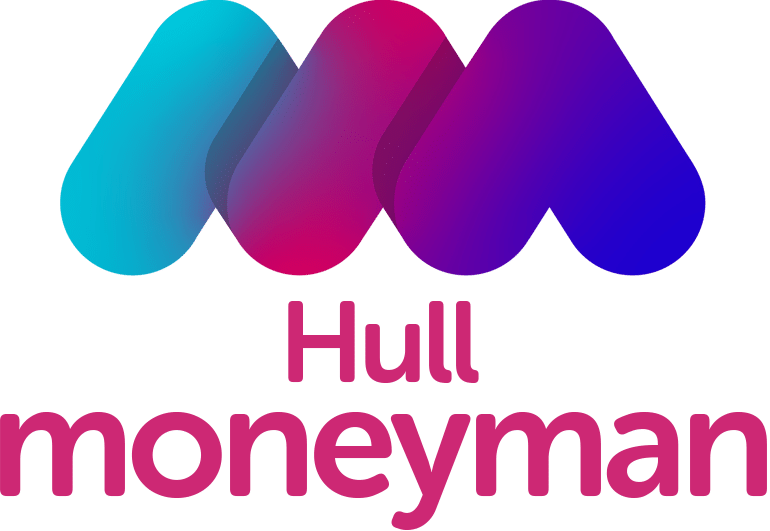If you’re a homeowner in Hull, you may be wondering whether remortgaging early could be the right step for you.
While your current deal might still have time remaining, circumstances such as rising costs or changing financial priorities might prompt you to explore other options.
Remortgaging early can offer potential benefits like securing a lower interest rate, avoiding the standard variable rate (SVR), or funding home improvements.
This guide will walk you through the key aspects of remortgaging early, helping you make an informed decision tailored to your needs.
Why Remortgage Early in Hull?
Remortgaging early can help you achieve a range of goals, from saving money to improving your home or financial flexibility.
If interest rates have dropped since you secured your current deal, switching early might reduce your monthly repayments.
Similarly, accessing equity from your property can fund essential projects.
Whatever your reason, understanding the advantages and potential drawbacks of early remortgaging is essential to making the right choice.
Frequent Scenarios for Remortgaging Early
Avoiding Lender’s SVR
When your initial mortgage deal ends, lenders often switch you to their standard variable rate, which is typically higher and less predictable.
By remortgaging early, you can avoid this transition and secure a more competitive fixed or variable rate deal that keeps your payments manageable.
Searching for a Better Deal
Interest rates fluctuate over time, and better deals may become available while you’re still tied to your current mortgage.
Remortgaging early lets you take advantage of these opportunities, potentially saving you money in the long term, even after factoring in fees.
Funding Home Improvements
For homeowners planning renovations or extensions, remortgaging for home improvements can release the equity needed to fund these projects.
This approach can be more cost-effective than taking out a separate loan, helping you add value to your home while managing your finances efficiently.
Understanding the Different Mortgage Types
Fixed-Rate Mortgages
A fixed-rate mortgage offers consistency, with payments staying the same throughout the fixed period.
This stability makes it a popular choice for those looking to manage their budgets effectively, particularly during periods of market uncertainty.
Tracker Mortgages
Tracker mortgages follow the Bank of England’s base rate, meaning your monthly payments may go up or down.
They can be a good option when interest rates are low, offering potential savings compared to fixed-rate alternatives.
Discount Rate Mortgages
These mortgages provide a discounted interest rate for an agreed period, often tied to the lender’s standard variable rate.
While offering initial savings, it’s important to ensure the variable element aligns with your long-term financial plans.
What are Early Repayment Charges (ERCs)?
Early repayment charges are fees that lenders may apply if you pay off your mortgage or switch deals before the end of your current term.
These charges are often calculated as a percentage of your outstanding balance and can vary depending on how much time is left on your deal.
Understanding the potential cost of ERCs is crucial to evaluating whether remortgaging early is the right financial move.
How to Start an Early Remortgage Process in Hull?
The first step to remortgaging early is assessing your current mortgage terms, including any fees or restrictions.
Consult with a mortgage broker in Hull like ourselves to explore available deals and identify the most suitable options for your needs.
They’ll guide you through comparing interest rates, fees, and product features. Once you’ve chosen a deal, we will manage the application process, ensuring a smooth transition to your new mortgage.
With the right support, remortgaging in Hull can be a simple and rewarding experience.
Date Last Edited: 05/07/2025














